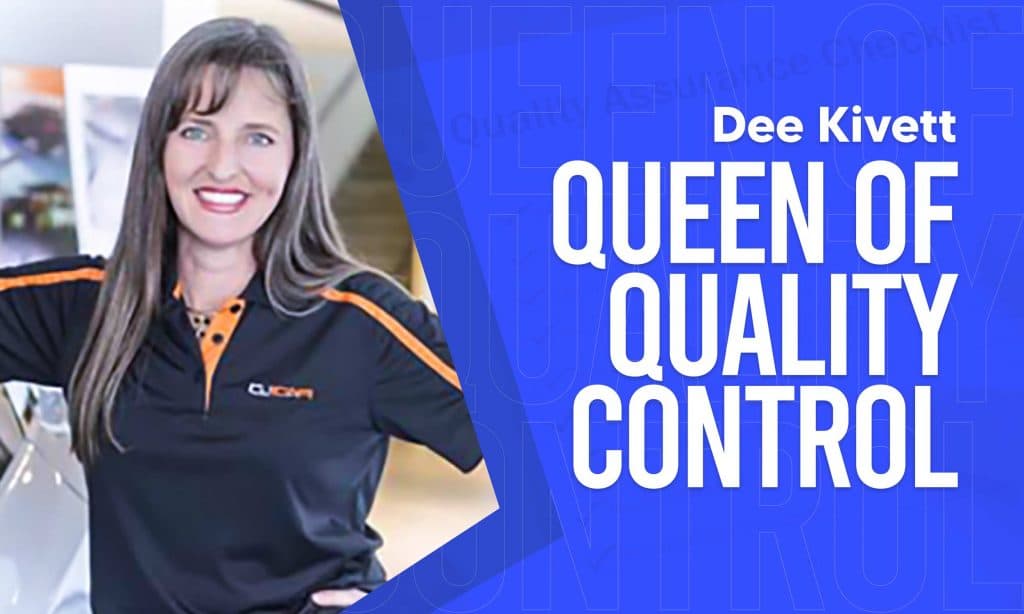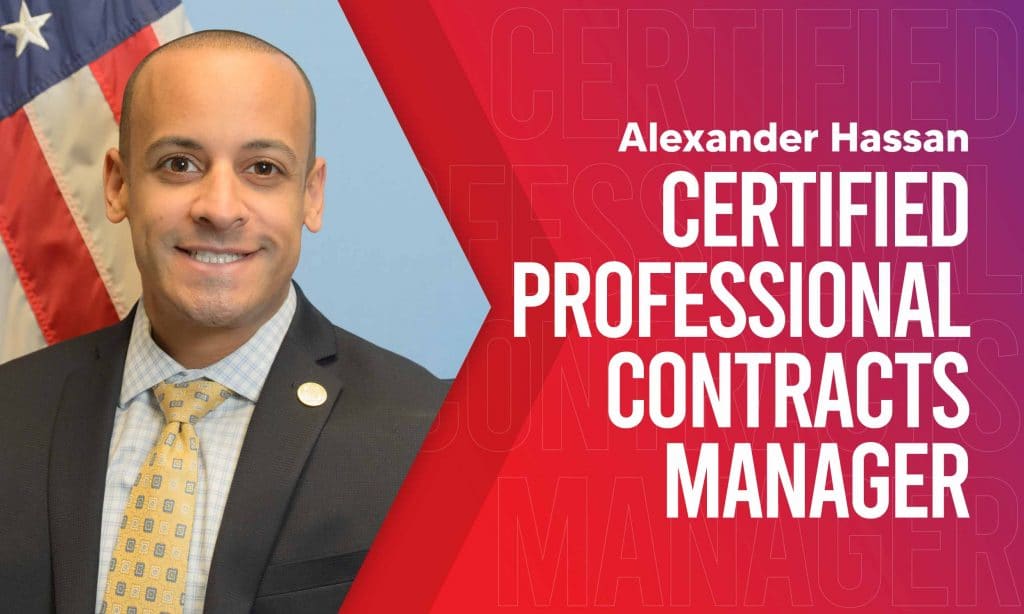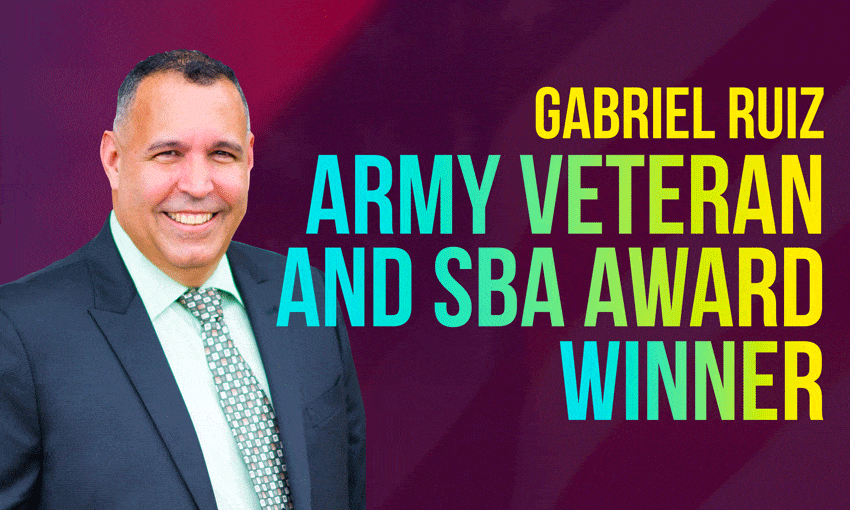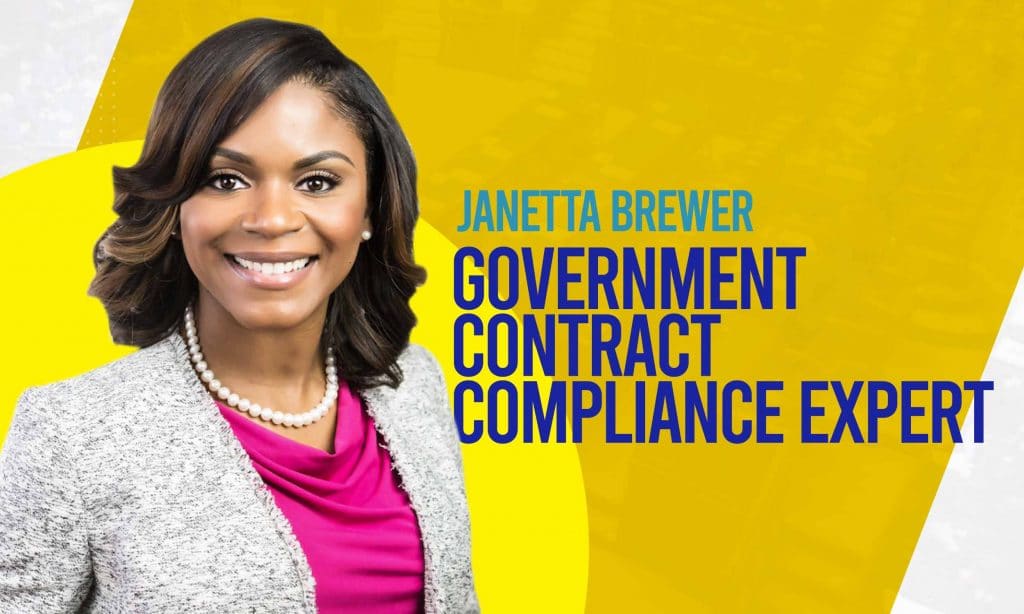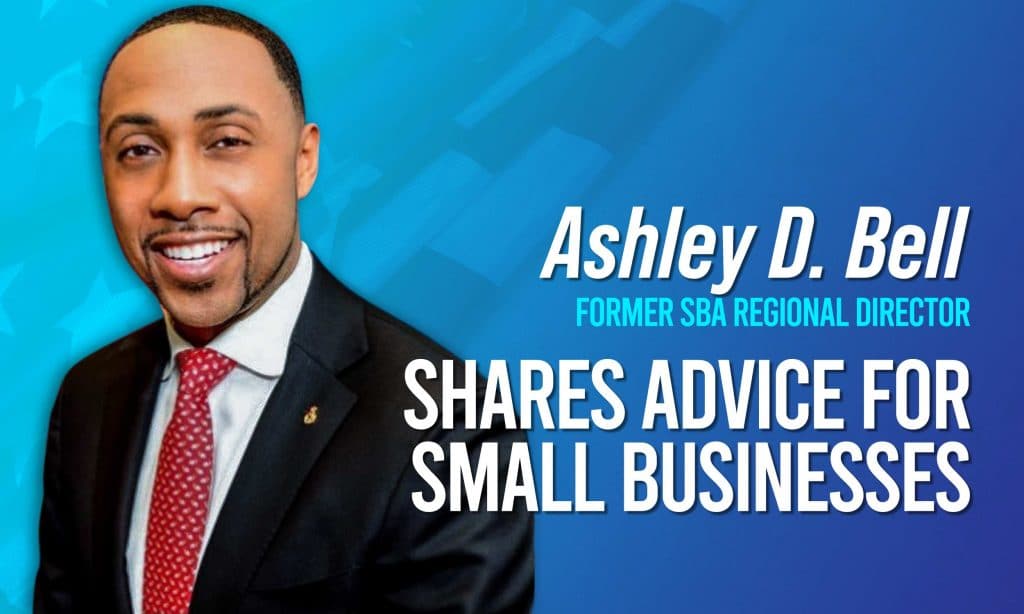Experienced quality consultant and supply chain company CEO, Dee Kivett, shares advice for small businesses and the importance of providing quality control when working with the government.
BACKGROUND
Dee Kivett grew up with her father and his four brothers being part of the famous Wood Brothers, the longest running race team in the NASCAR Cup series.
This may be one of the reasons why she pursued a bachelor’s degree in Mechanical Engineering and further developed her background through her MBA and master’s degree in Engineering Science and a doctorate degree in Automotive Engineering.
She also had an in-depth background in terms of quality control through her experience in working as a quality consultant and manager with various companies including Universal Supply & Services, General Motors, and General Electronics.
Currently, Dee Kivett is the President & CEO of NextGen Supply Chain Integrators, a company providing a full range of sourcing and consulting solutions following the highest quality standards for the government, the defense, and commercial clients.
She is also an adjunct professor at Clemson University wherein she teaches design and manufacturing project management for the automotive industry.
QUALITY CONTROL AND CERTIFICATIONS
In providing services to agencies and private clients, Kivett knew that the process of quality control is complex.
“Its traceability to every detail about its fabrication are quite critical to ensure that those who will use those parts and components in the assembly of something as critical as an aircraft, they have the assurances that they have full traceability on every part and component that goes into it.”
It is more than just getting an ISO 9001 certification because in terms of automotive and technical machineries where safety is a major concern, there are a lot of prescriptive instructions that companies need to accomplish and all of these should be kept.
“There’s no room for error when a human life is concerned.”
Kivett also encouraged her clients to be certified to the IT standard and any other standards that need to be followed in working with both the government and the commercial marketplace. Then, this standard should strongly be applied from the top tier all the way down.
“Different manufacturers based on the risk of what’s being incorporated into their assemblies will roll those requirements down to lower and lower levels within the supply chain.”
ADVICE FOR BUSINESSES
Kivette believed that business should walk before you run. Don’t just go down and dive in the marketplace especially if it’s a critical one like the aerospace and medical device industry.
“Refine your craft on something with less critical requirements, get your processes in place, be confident with the way you’re managing your business, and then grow into those industries where the requirements are more strict.”
It’s just like teaching your children driving. You don’t let them drive a Lamborghini if they don’t even know how to drive. Start with small steps first just like teaching them how to drive using a cheaper automobile that won’t cause you too much trouble and loss.
“The same falls true for a manufacturer. Get started, build your capabilities, your strengths, your abilities, get your quality management system developed around the basics before you try to enter into a business where safety is a critical part.”
Then, she also encouraged businesses to think beyond the federal marketplace. There is a wide variety of clients that you can work with. So, start with those marketplace that you already have an in-depth knowledge of its consumers.
“Do we want to be the 75 cent bolt or do you want to be the $250 bolt in your life? It’s all about the amount of detail and time and care that you put into the work that you do and how you can present yourself. So they’ve got the same amount of raw material in each one. Same amount of actual physical processing of work went into each one. But that attention to detail is what differentiates the 75 cent bolt from the $253 bolt.”
RESOURCES
If you want to watch the full video of the interview with Dee Kivett as she shares her advice for small businesses and the importance of providing quality control when working with the government.
015: Dee Kivett – Queen of Quality, CEO/President of Next Gen Supply Chain Integrators
https://www.youtube.com/watch?v=4wJj5Ywz0wo&list=PL6-jBNNcc98vTBvNhFYfUTeH0k-Vx2VBH&index=8
